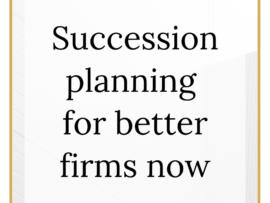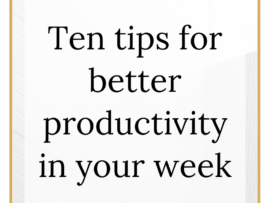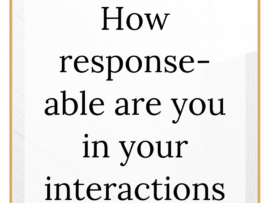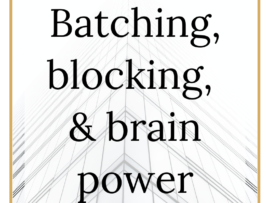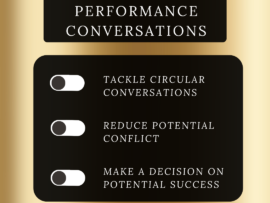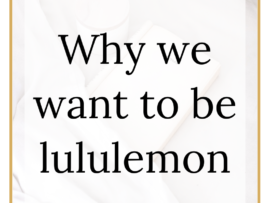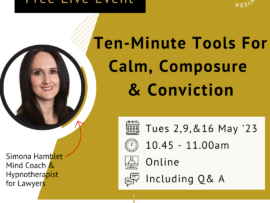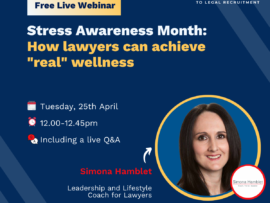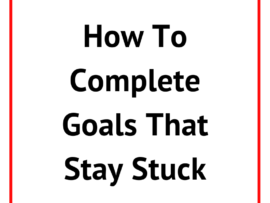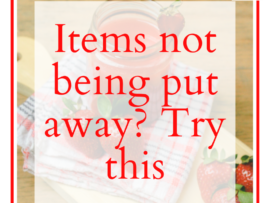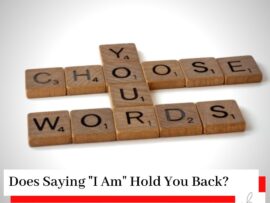Do You Notice Frustration When People Their Share Concerns With You?
0 CommentsDo you notice people get frustrated when sharing their worries with you?
Try making this one change and see what difference it makes.
Do you want to improve your relationships?
Perhaps you want to make a difference generally and improve your communication skills?
Or perhaps you have noticed that people often get frustrated when they talk to you about a concern, or more significant worries.
Do you often hear things similar to ‘why did I bother’, or notice a growing irritation as they talk, or they keep repeating the point in different ways? (Note that this is different to a repetitive blame or complain, which needs to be handled differently).
If so, then here is one way to improve your conversations.
What is that change?
Notice what they are going through, share that you have noticed, and then respond further if needed.
The key here is ensuring that the person feels heard and understood.
So, next time someone expresses they are upset or frustrated about something, notice how you respond.
Remember to pay attention to what you might consider trivial. These are often as important, and might even be more readily dismissed by you without realising.
Start first by noticing what you do. Do you instantly respond by…
1. using humour to try and cheer them up
2. minimising, disagreeing, disputing, or dismissing it from the start (it’s not that bad).
3. giving positive affirmations (cheer up, tomorrow’s another day)
4. giving advice, lectures, or blame (you should have done x, or if you hadn’t done y then, or why did you do z)
5. interrupting or comparing with your story (I know how you feel because abc…, or, if you think you’re busy well….)
If you do one of these (and we all still do these from time to time) then take a moment to pause, and instead acknowledge how they feel (that must be hard for you, I can see you are upset, that sounds frustrating).
By acknowledging how the other person is feeling, before you try to offer positive words, advice, or similar experiences, it can make a world of difference.
Isn’t offering advice the same as helping?
You may think that giving advice, or telling them to be positive, is a way of showing you care.
In fact it can have the opposite effect if done too soon (or done too often).
The ‘advice’ on its own can make the other person feel that you’ve dismissed what they are going through. Or that you haven’t understood what they are going through. Or don’t want to understand. They will often feel judged, dismissed, and ultimately think that we don’t care. Which, for most of the time, is the exact opposite of what outcome we wanted from that conversation.
Instead, by taking that moment to notice, and then share that you have noticed by recognising what the other person is feeling, it can make a significant difference to the other person’s wellbeing. It can bring you closer together and create a significant change in that relationship.
Whether as a friend, a leader, or a romantic partner, by changing your approach you can make an important change in your communication, conversation, and interactions with others quickly and effectively
Give it a try next time, and let me know if you notice a difference in the response you receive.
Keep the communication going, and enjoy easier relationships around you.
Simona


